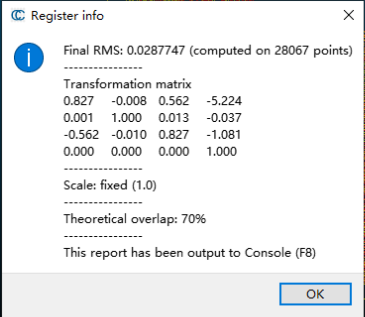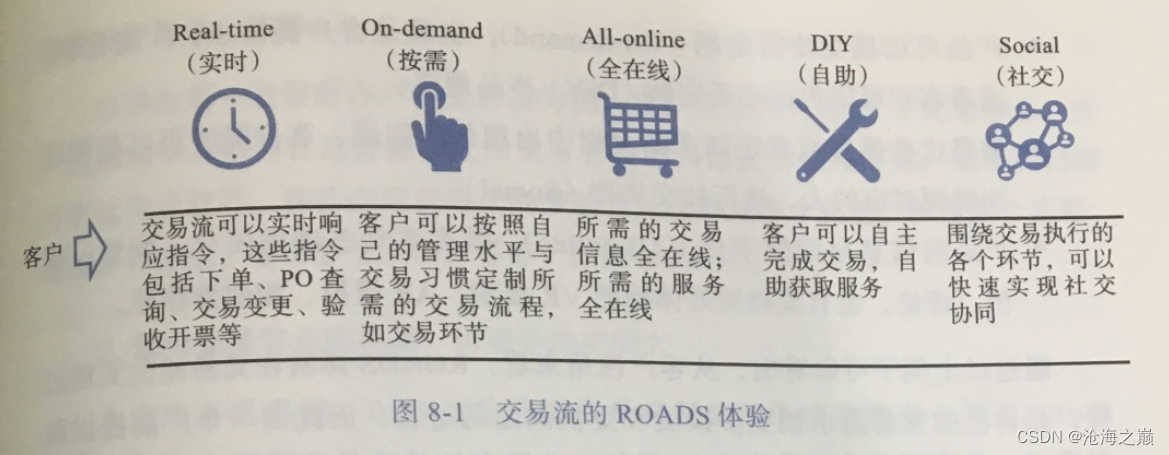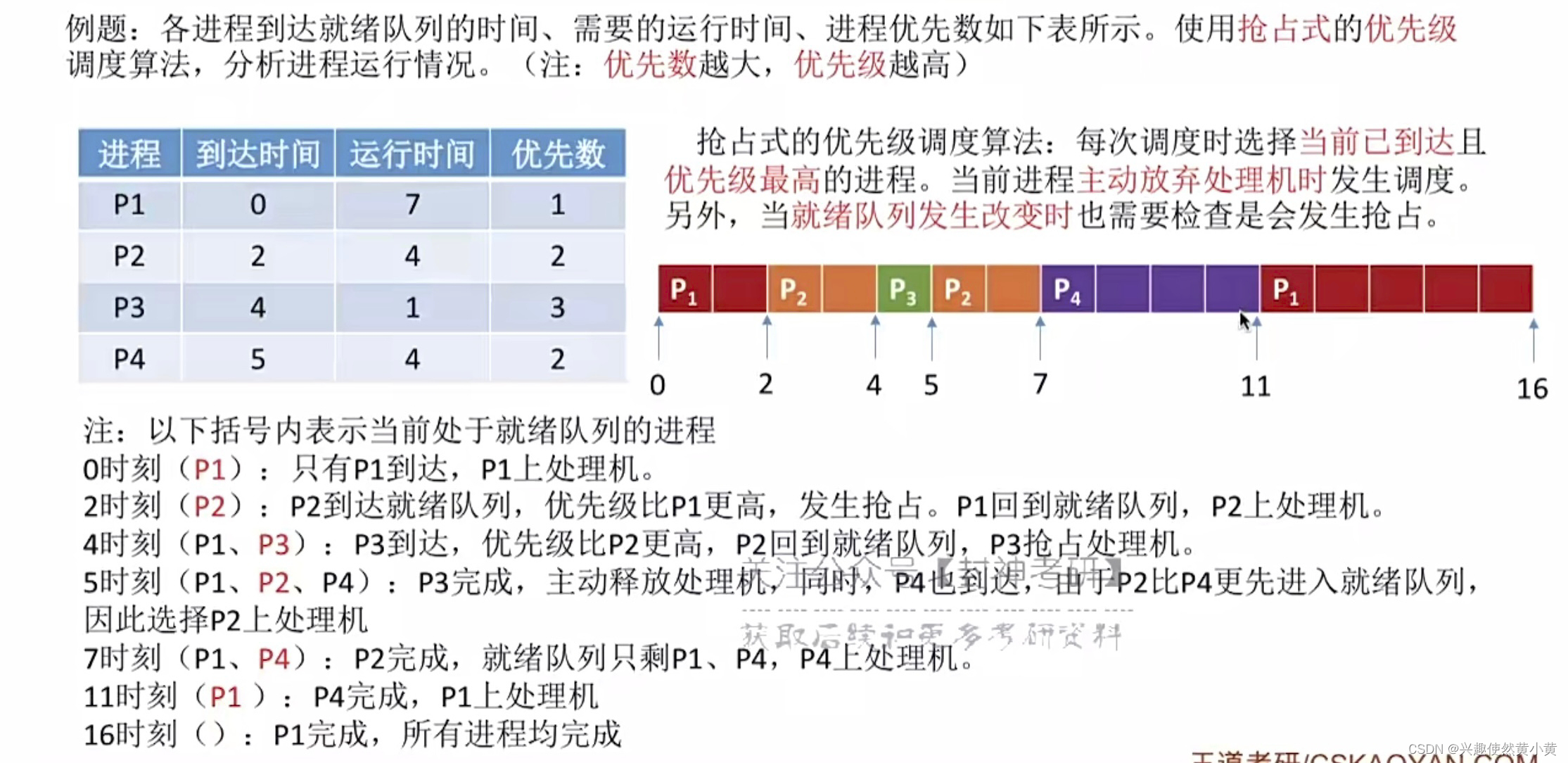A summit (峰会) is a meeting of heads of state or government. Arranging the rest areas for the summit is not a simple job. The ideal arrangement of one area is to invite those heads so that everyone is a direct friend of everyone.
Now given a set of tentative arrangements, your job is to tell the organizers whether or not each area is all set.
Input Specification:
Each input file contains one test case. For each case, the first line gives two positive integers N (≤ 200), the number of heads in the summit, and M, the number of friendship relations. Then M lines follow, each gives a pair of indices of the heads who are friends to each other. The heads are indexed from 1 to N.
Then there is another positive integer K (≤ 100), and K lines of tentative arrangement of rest areas follow, each first gives a positive number L (≤ N), then followed by a sequence of L distinct indices of the heads. All the numbers in a line are separated by a space.
Output Specification:
For each of the K areas, print in a line your advice in the following format:
-
if in this area everyone is a direct friend of everyone, and no friend is missing (that is, no one else is a direct friend of everyone in this area), print
Area X is OK.. -
if in this area everyone is a direct friend of everyone, yet there are some other heads who may also be invited without breaking the ideal arrangement, print
Area X may invite more people, such as H.whereHis the smallest index of the head who may be invited. -
if in this area the arrangement is not an ideal one, then print
Area X needs help.so the host can provide some special service to help the heads get to know each other.
Here X is the index of an area, starting from 1 to K.
Sample Input:
8 10
5 6
7 8
6 4
3 6
4 5
2 3
8 2
2 7
5 3
3 4
6
4 5 4 3 6
3 2 8 7
2 2 3
1 1
2 4 6
3 3 2 1
Sample Output:
Area 1 is OK.
Area 2 is OK.
Area 3 is OK.
Area 4 is OK.
Area 5 may invite more people, such as 3.
Area 6 needs help.#include <iostream>
#include <vector>
#include <cstring>
using namespace std;
int n, m, k, u, v, num, flag, ans;
vector<int>g[210];
int a[210];
bool f[210][210];
bool vis[210];int main() {cin >> n >> m;for (int i = 1; i <= n; i++) {f[i][i] = 1;}for (int i = 0; i < m; i++) {cin >> u >> v;g[u].push_back(v);g[v].push_back(u);f[u][v] = f[v][u] = 1;}cin >> k;for (int t = 1; t <= k; t++) {cin >> num;flag = 0;memset(vis, 0, sizeof(vis));for (int i = 0; i < num; i++) {cin >> a[i];vis[a[i]] = 1;}for (int i = 0; i < num; i++) {if (flag == 1) {break;}for (int j = i + 1; j < num; j++) {if (!f[a[i]][a[j]]) {flag = 1;break;}}}if (flag == 1) {printf("Area %d needs help.\n", t);} else {for (int i = 1; i <= n; i++) {if (!vis[i]) {for (int j = 0; j < num; j++) {if (!f[i][a[j]]) {flag = 2;break;} else {ans = i;flag = 3;}}}if (flag == 3) {printf("Area %d may invite more people, such as %d.\n", t, ans);break;}}if (flag != 3) {printf("Area %d is OK.\n", t);}}}return 0;
}




